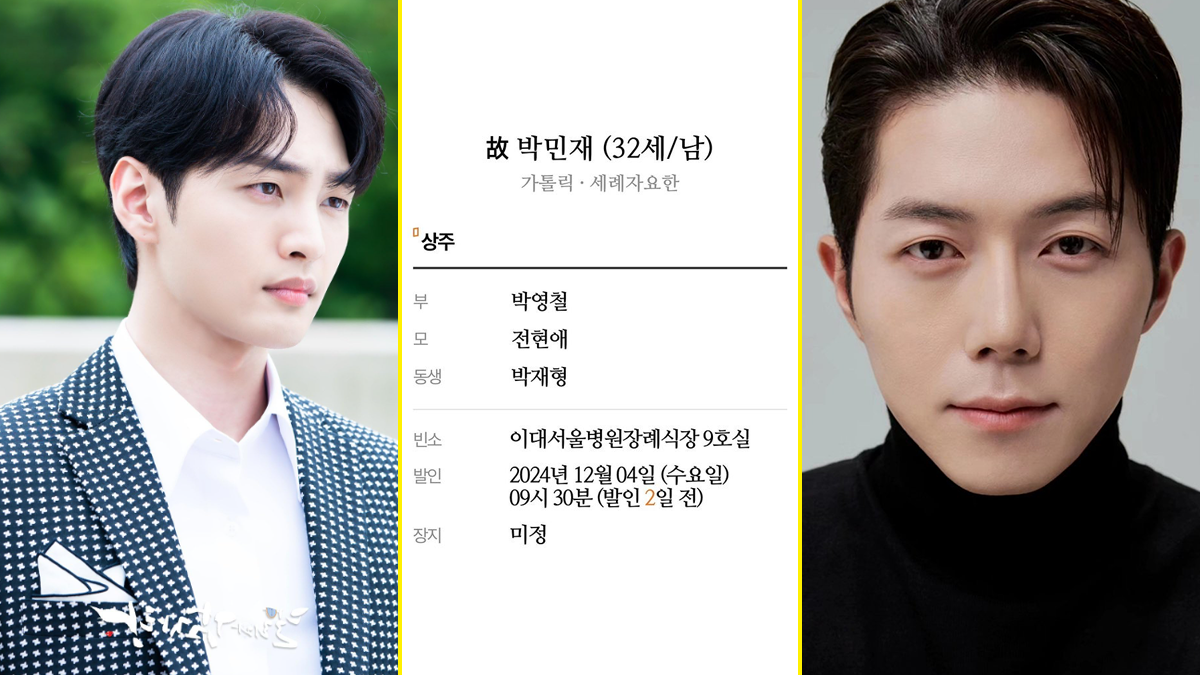
The sudden death of South Korean actor Park Min Jae has shocked the world. Reportedly, the rising star succumbed to cardiac arrest while travelling in China on November 29 but his agency, Big Title, confirmed the news on December 2. Over the recent years, the cases of cardiac arrest among the young population have seen a rise. However, many factors have been discovered about the same and with proper prevention, one can save their lives.
Table of Content:-
View this post on Instagram
Taking it to Instagram, the agency conveyed their sorrow, saying, ‘Park Min Jae, a talented actor who loved acting and always gave his best, has departed for heaven.’ Many media reports are claiming the reason was cardiac arrest and below are a few early symptoms one can look after.
What Is Cardiac Arrest?
Cardiac arrest, also known as sudden cardiac arrest (SCA), is a serious medical condition where the heart suddenly stops beating. This can happen unexpectedly and lead to a stop in blood flow to the brain and other important organs. Without immediate treatment, cardiac arrest can result in death within minutes.
It is often caused by irregular heart rhythms called arrhythmias, especially a type known as ventricular fibrillation. The heart's electrical signals become disorganised and other factors that can lead to cardiac arrest include coronary artery disease, heart failure, and problems with the heart's structure.
ALSO READ: Heart Attack Vs Heart Failure Vs Cardiac Arrest: Know The Key Differences Between The Three
Early Symptoms Of Cardiac Arrest
Recognising the early signs of cardiac arrest is crucial because quick action can save a life. Although cardiac arrest can occur without warning, some people may notice warning signs. Understanding symptoms can help you respond quickly if needed.
Dr DK Jhamb, Director and HOD, Cardiology, Paras Hospitals, Gurugram, shared a few early symptoms of cardiac arrest.
Chest Discomfort
It is often felt as pressure, squeezing, or pain in the chest. It can be mistaken for indigestion but may indicate that the heart is not receiving enough oxygen.
Discomfort in Other Regions of the Upper Body
Pain may also radiate to the back, jaw, neck, stomach, or arms. This referred pain occurs because nerves from the heart connect to these areas.
Difficulty Breathing
Shortness of breath is a common symptom during a cardiac event. Individuals may feel unable to get enough air or experience rapid breathing.
Cold Sweat
Cold sweats are sudden and clammy, often occurring without physical exertion. They can be a sign of stress on the body and may accompany feelings of anxiety or impending doom.
Nausea
Nausea can manifest as an upset stomach or queasiness and may lead to vomiting. While it can be attributed to various causes, it should raise concern, when experienced with other cardiac symptoms.
Lightheadedness
Lightheadedness or dizziness can occur if the heart isn’t pumping enough blood to the brain. This sensation may lead to fainting and is an important symptom to monitor.
ALSO READ: How To Know If Someone Needs CPR: How To Perform It Correctly
How To Reduce The Risk Of Cardiac Arrest
To reduce the risk of cardiac arrest, you can make several healthy lifestyle choices. Below are a few more points on how you can possibly save lives.
- First, quit smoking, as it harms your heart.
- Eating a balanced diet full of fruits, vegetables, and whole grains while limiting unhealthy fats and sugars is important.
- Regular exercise for at least 150 minutes a week helps keep your heart healthy and maintain a healthy weight.
- Managing stress, drinking alcohol in moderation, and controlling blood pressure and cholesterol levels are also key.
If you have a family history of heart problems, talk to your doctor about how to protect your heart.
Takeaway
Park Min Jae suffered a cardiac arrest while travelling in China, and it is not clear if his lifestyle contributed to his death or if other factors were involved. While a cardiac arrest may be a sudden medical emergency, one must develop a healthy lifestyle to stay fit. In the fast-paced world, people often forget to look after their overall well-being. If given proper concern and consideration towards health, one can save themselves from cardiac arrest.
At a young age, people must consider full health checkups and health screenings to save themself from unwanted medical emergencies. If going through any of the symptoms of cardiac arrest, you must consult a cardiologist at the earliest.
Also watch this video
How we keep this article up to date:
We work with experts and keep a close eye on the latest in health and wellness. Whenever there is a new research or helpful information, we update our articles with accurate and useful advice.
Current Version